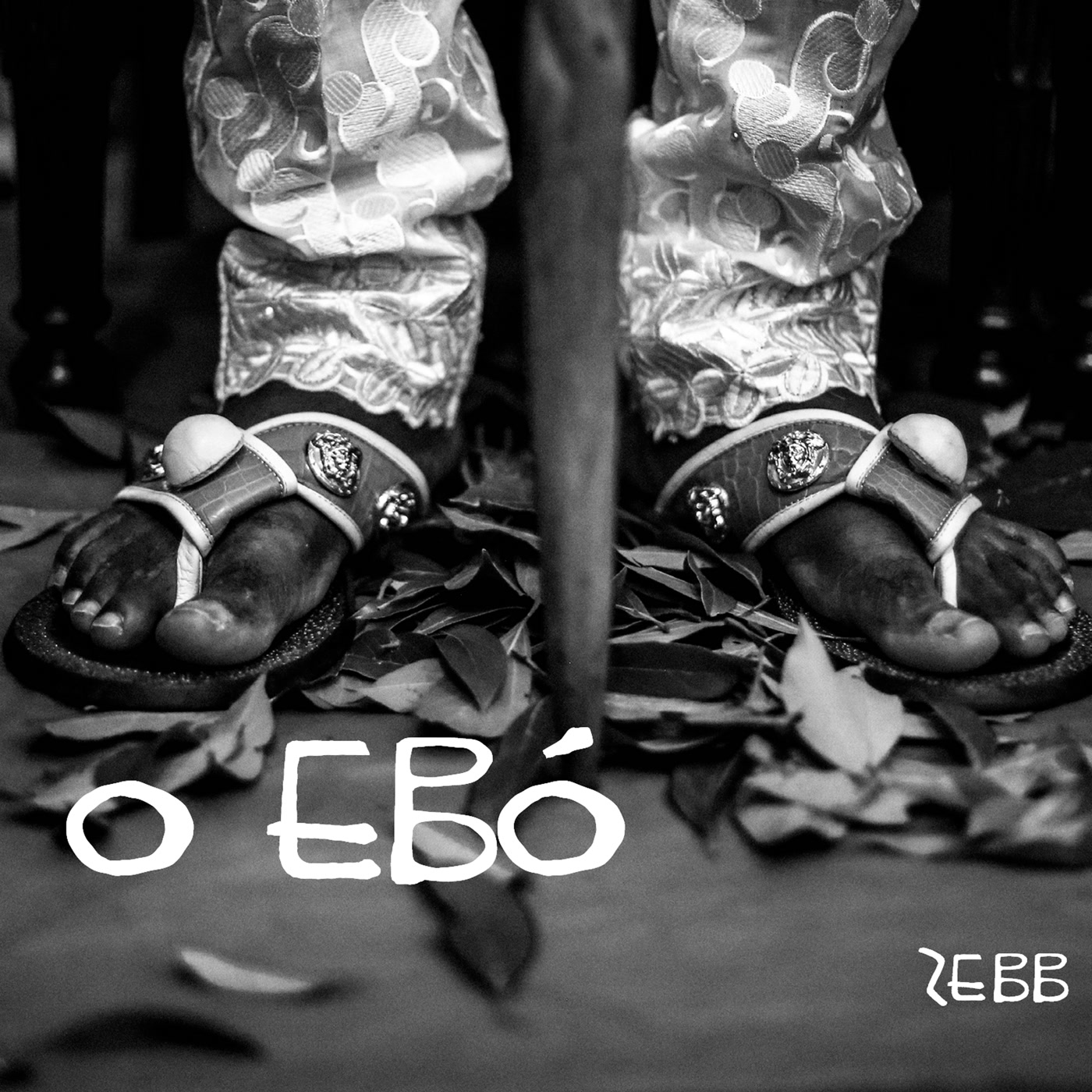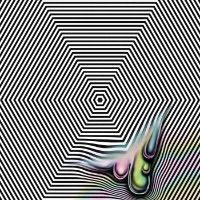- Digital
ZEBB
O Ebó
Kaxambu Records
- Cat No: KAX033
- Release: 2025-11-21
- updated:
ZEBB is a music producer and sound artist who engages with multiple languages such as video art and performance. He is a record collector, DJ, and researcher. He has ventured into various projects over time (from programming and computer music to vinyl DJing), and, starting from a closer connection with music production, has developed a unique sonic identity heavily influenced by experimental music, traditional and popular cultures, and Black music from around the world, both for track production and live performances. In his research, he has developed the concept of Subgrave Nordestino, a reflection on electronic music being made in the Northeast region of Brazil from a counter-colonial perspective, the subject of his doctoral thesis in Ethnomusicology at the Federal University of Paraíba. He has performed live at important events/venues such as Digitalia (BA), Conexões Nagô (PB), Niá Núcleo (SP), Ná Figueredo (BEL), Transmediale (GER), among others.
The track "O Ebó" stems from studies and experiments related to Afro-Brazilian rhythmic patterns conducted by producer ZEBB over the last 6 years. Inspired by the cyclical movement of African-based music, the track connects the ancestral drums and rhythmic patterns of Brazilian Ketu Candomblé to electronic sounds such as synthesizers, electronic drums, guitars, and processed wind instruments. It is in this context that the track affirms a new expression for traditional Brazilian music, understanding this unlikely encounter between the tradition of Candomblé and electronics as a true creative force. Tarcísio's participation on the flugelhorn imbues the music with a solemn atmosphere, typical of some Brazilian Candomblé rituals that also utilize wind instruments in some ceremonies. The contrast between the solemn and the experimental makes this track an example of Brazilian creativity and the conceptual deepening of electronic music being made here.
The track "O Ebó" stems from studies and experiments related to Afro-Brazilian rhythmic patterns conducted by producer ZEBB over the last 6 years. Inspired by the cyclical movement of African-based music, the track connects the ancestral drums and rhythmic patterns of Brazilian Ketu Candomblé to electronic sounds such as synthesizers, electronic drums, guitars, and processed wind instruments. It is in this context that the track affirms a new expression for traditional Brazilian music, understanding this unlikely encounter between the tradition of Candomblé and electronics as a true creative force. Tarcísio's participation on the flugelhorn imbues the music with a solemn atmosphere, typical of some Brazilian Candomblé rituals that also utilize wind instruments in some ceremonies. The contrast between the solemn and the experimental makes this track an example of Brazilian creativity and the conceptual deepening of electronic music being made here.



